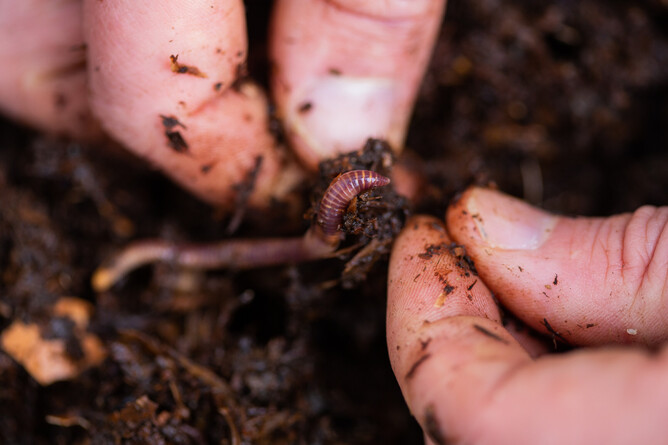We believe that a combination of Hot Composting (also known as thermophilic composting) and worm farming is the most efficient means of breaking down organic waste and returning it to the soil.
Hot composting provides a rapid means of breaking down organic matter. With the right balances of input materials, decomposition occurs relatively quickly, and generates significant amounts of heat. This heat can kill off seeds and many pathogens that can exist in waste material. The down side to hot composting is that the resulting material needs to rest or "mature" for several months before it can be applied to plants. This provides plenty of time for nutrients to leech out of the compost through rain fall, and for seeds and other non-desirable elements to be introduced to the compost (seeds through bird droppings etc are a classic example).
Another benefit to hot composting at scale is that it provides homogeneity of inputs; in simple terms, it evens out the food source into a feed stock thast is more readily consumed by the farms. For example, in your home worm farm we recommend you do not put in any citrus, onion, chillies or garlic, as the worms will not eat them and the material will rot in the farm, causing all sorts of problems.
By hot composting these materials among all our other inputs and some secret herbs and spices, the worms will gobble them up alongside everything else, enabling us to handle a far wider variety of inputs than your typical home worm farm set up.
The Worm Farm side of the process enables rapid transformation of the pre-composted feedstock into a stable soil conditioner (vermicast), rich in microbial life and nutrients which can be applied directly to soils immediately after harvesting. Worms have an added super power - their digestive tracts have been shown to destroy salmonella and E-coli. Thanks, little buddies!
By blending these two well known nutrient cycling processes together, we get the best of both worlds: Rapid decomposition of organic matter, without the long curing process that composting requires. To find out more about how we can help you optimise your composting practices, contact us here.



